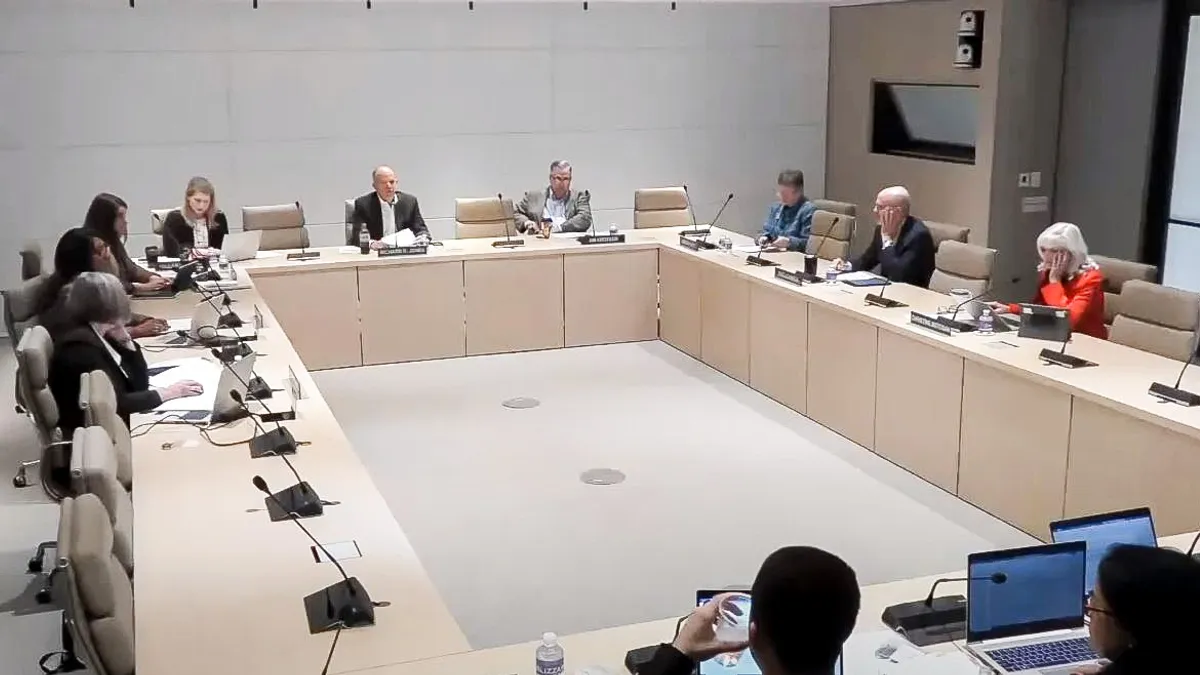Companies are increasingly asking CFOs to sign cooperating clauses that can keep them on the hook for investigations even after they depart.
Language will differ, but generally the clauses require CFOs, as well as other executives asked to sign them, to respond to information requests should the company, individual officers or even vendors be involved in a lawsuit, both during and after their employment.
“Employee agrees that both during and after employment he or she shall, at the request of the Company, render all assistance and perform all lawful acts that the Company considers necessary or advisable,” according to model agreement language written by the American Bar Association.
CFO cooperation
Given how central CFOs are to many investigations, it’s likely any company that makes the clauses part of their employment or severance agreements will require them of CFOs.
“Anyone considering being a CFO should be prepared to cooperate with an internal investigation,” Janene Marasciullo, an attorney with Epstein Becker and Green and a former Department of Justice lawyer, said.
The clauses give companies a way to penalize CFOs if they refuse to cooperate, either by firing them if they’re still working for the company or cutting off their severance pay if they’ve already left, among other things.
“I’m aware of numerous situations where companies have terminated executives who obstructed internal or government investigations,” Marasciullo said, adding the severity of the sanction depends on the conduct.
Destroying documents, harassing witnesses, or providing false information are the kinds of things a CFO can get hit hard for, she said. But even CFOs who invoke the 5th amendment against self-incrimination can trigger sanctions under the clause.
In the most prominent action by a company to enforce one of these clauses, McDonald's last year sued its former CEO for allegedly lying during an internal investigation of purported sexual relationships with three workers. His severance agreement contained the cooperation stipulation, Richard Cassin, an attorney who writes about business ethics, said.
There’s been a gradual progression of the stipulations in employment and severance contracts, he said. Live Nation Entertainment, for example, obligates all employees “to report violations of [its conduct code] or the law and to cooperate in any investigations into such violations.”
SEC cooperation
One reason companies are turning to the clauses is they communicate to the SEC and the Department of Justice (DOJ), among other regulators, the company takes cooperation seriously.
Regulators give what they call cooperation credit to firms with the clauses in their contracts, Marasciullo said.
Cooperation credit can go a long way to reducing penalties if the company is found to have done something wrong. The Cheesecake Factory, for example, early in the pandemic, was found to have made false statements on how shutdowns were affecting its business. But because of the company’s extensive cooperation, the SEC let it off with a relatively light penalty of $125,000.
DOJ also formally recognizes company efforts to cooperate.
The agency’s “Principles of Federal Prosecution of Business Organizations” recognize cooperation is a mitigating factor, Marasciullo said, and, therefore, a prosecutor may decline to charge a company that has a robust compliance program and cooperates with a DOJ investigation.
Retaliation protection
For companies that don’t cooperate, either by providing false or incomplete information or by providing inappropriate instructions to its employers, regulators can take a get-tough approach, Marasciullo said.
The SEC has brought enforcement actions against companies that included confidentiality and nondisparagement provisions in separation agreements that did not have a specific carve-out authorizing former employees to communicate with the SEC, DOJ and the private brokerage watchdog Financial Industry Regulatory Authority (FINRA).
There’s nothing wrong with companies requiring former employees to report to them any subpoenas, deposition notices or other legal inquiries, but they should have a carve-out for any communications from regulators, otherwise the former employees might be reluctant to speak freely. And in fact the SEC has brought enforcement actions against companies that required former employees to report communications from DOJ, SEC or FINRA, she said.
Companies that try to retaliate against employees or former employees for cooperating with regulators can face sanctions under whistleblower protections in Sarbanes-Oxley and Dodd-Frank, she added.
Recognizing cooperation
Regulators can distinguish between executives who are being uncooperative and those who are just being cautious, Marasciullo suggested; a CFO asking for counsel in responding to an investigation shouldn’t have to worry the request will be viewed as a lack of cooperation or obstructive behavior.
“Providing an executive with counsel may slow an investigation, but it may lead to fuller cooperation, eliminate unnecessary conflicts, and build trust,” she said.
To help with the burden of complying with cooperation clauses after leaving their jobs, departing executives may request the company compensate them for time spent in connection with post-employment activities and to have the company pay counsel fees, she said.
Bottom line: CFOs can expect to see cooperation clauses in employment and severance agreements more frequently as companies look to gain more control over how they respond to legal inquiries.



















